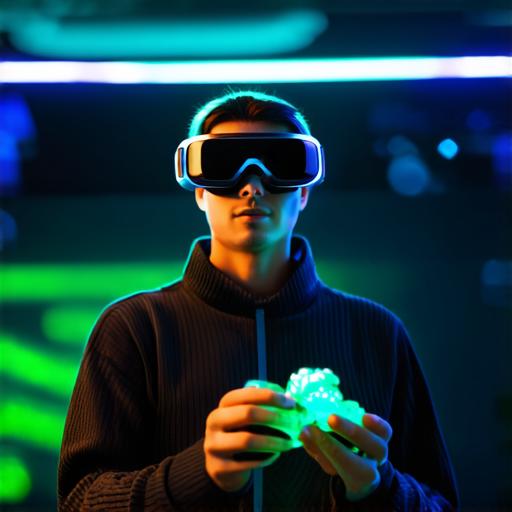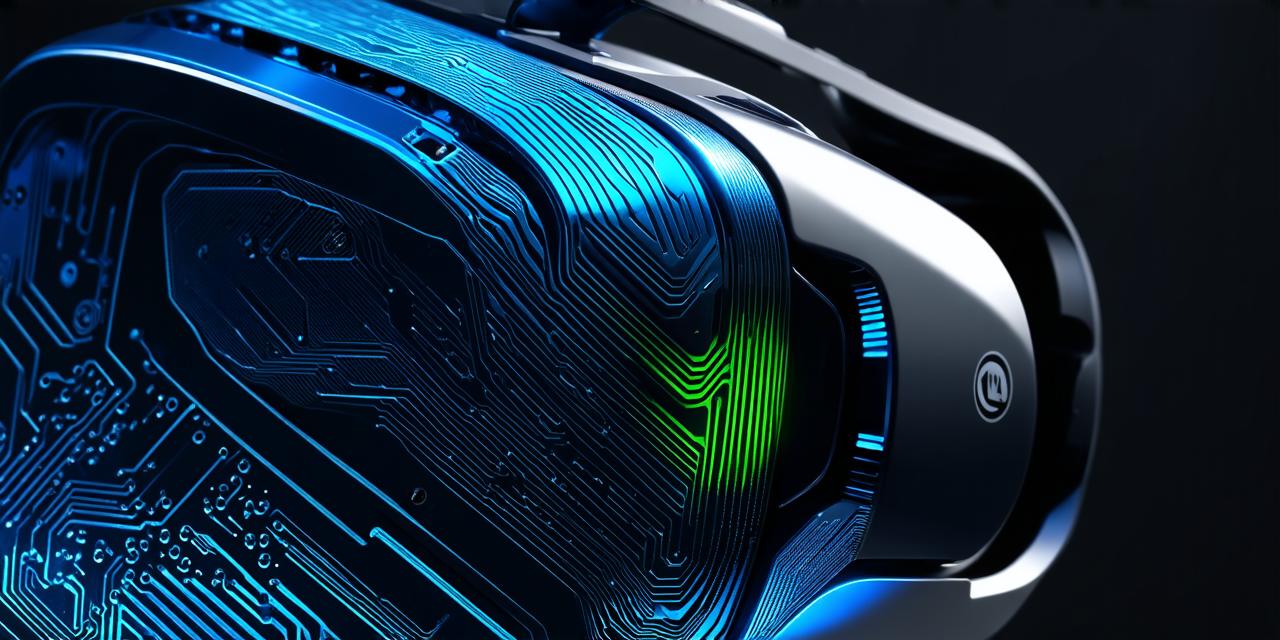
Virtual Reality Gaming Careers
The gaming industry is one of the most significant markets for virtual reality technology. With VR, users can experience games in ways that were previously impossible, making it a natural fit for the gaming industry.
Virtual reality game designers are responsible for creating immersive and engaging game experiences for VR platforms. They must have a deep understanding of both game design and virtual reality technology to create games that are fun and interactive.
One of the most exciting areas in VR gaming is the development of new game genres. For example, there are already many virtual reality puzzle games and action games, but as the technology continues to evolve, we can expect to see even more creative uses of VR.
Another area of opportunity in VR gaming is in the development of social experiences. With VR, users can interact with each other in virtual environments, making it possible to create unique social experiences that were not possible before.
Virtual Reality Education Careers
Another area where VR technology is having a significant impact is in education. With virtual reality, students can experience educational content in new and exciting ways, making it more engaging and memorable.
Virtual reality education designers are responsible for creating immersive learning experiences that help students to better understand complex concepts.
One of the most promising areas in VR education is in the development of language learning applications. With virtual reality, students can practice speaking and listening skills in realistic virtual environments, making it easier to improve their pronunciation and comprehension.
Another area where VR is having an impact in education is in the development of history and science simulations. With virtual reality, students can explore historical events or scientific concepts in ways that were previously impossible.
Virtual Reality Healthcare Careers
Finally, virtual reality technology is also having a significant impact on healthcare. With VR, patients can experience therapy in new and innovative ways, making it easier to manage chronic conditions and improve overall health outcomes.
Virtual reality healthcare designers are responsible for creating immersive therapy experiences that help patients to better manage their conditions.
One of the most promising areas in VR healthcare is in the development of pain management simulations. With virtual reality, patients can experience pain in a safe and controlled environment, making it easier to develop coping strategies and reduce the impact of chronic pain.
Another area where VR is having an impact in healthcare is in the development of surgical training simulations. With virtual reality, surgeons can practice their skills in a safe and controlled environment, making it easier to improve their performance and reduce the risk of complications.
Virtual Reality Design Tools and Technologies
To be a successful VR designer, it’s essential to have the right tools and technologies. There are several software programs available that allow designers to create VR experiences, including Unity, Unreal Engine, and A-Frame.
In addition to software, there are also several hardware options available for VR development, including the Oculus Rift, HTC Vive, and PlayStation VR. Each of these devices has its unique features and capabilities, making it essential to choose the right one for your project.
Virtual Reality Design Career Paths
There are several career paths available for VR designers, depending on their skills and interests. Some common roles include game designer, education designer, healthcare designer, and experience designer. Each of these roles requires a different set of skills and experiences, but all involve using VR technology to create immersive and engaging experiences.
To become a successful VR designer, it’s essential to have a strong understanding of both game design and virtual reality technology. In addition, designers should have experience in creating immersive and engaging experiences that are tailored to specific industries or applications.
Virtual Reality Design Salaries and Benefits
The salary and benefits for VR designers vary depending on their experience, skills, and the industry they work in. According to Glassdoor, the average base salary for a VR designer is $92,000 per year. In addition to salary, many VR designers receive benefits such as health insurance, retirement plans, and paid time off.
Virtual Reality Design Job Outlook
<p
